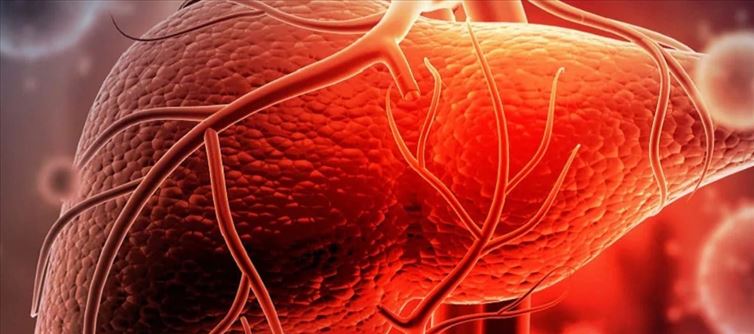
According to a statement announcing his advice, "alcohol is a well-established, preventable cause of cancer responsible for about 100,000 cases of cancer and 20,000 cancer deaths annually in the United States," Murthy stated.
He also emphasized that the 13,500 fatalities from drunk driving accidents that occur in the US each year are outnumbered by alcohol-related cancer deaths.
Women should not have more than one drink per day, and men should not consume more than two, according to the current government recommendations in the United States.
How Alcohol Causes Cancer?
According to the National cancer Institute, alcohol is broken down by the body into compounds that might harm dna and lead to uncontrollably growing, malignant cells. Alcohol also prevents the body from metabolizing several nutrients that raise the risk of cancer.
As a result, acetaldehyde undergoes oxidation to produce acetate, which results in hazardous, unstable molecules that contain oxygen and harm cells while also creating inflammation that leads to cancer.
Additionally, alcohol can raise blood levels of estrogen, a sex hormone that has been connected to an increased risk of ovarian and breast cancers.
According to the National cancer Institute, alcohol is broken down by the body into compounds that might harm dna and lead to uncontrollably growing, malignant cells. Alcohol also prevents the body from metabolizing several nutrients that raise the risk of cancer.
As a result, acetaldehyde undergoes oxidation to produce acetate, which results in hazardous, unstable molecules that contain oxygen and harm cells while also creating inflammation that leads to cancer.
Additionally, alcohol can raise blood levels of estrogen, a sex hormone that has been connected to an increased risk of ovarian and breast cancers.
Can Sobriety Reverse The Damage?
Less study has been done to determine how long it takes for someone to quit consuming alcohol to lower their chance of developing cancer. However, other studies have found that only one month of abstinence can result in better blood pressure, cholesterol, and weight loss.
A person's risk of liver cancer may not match that of someone who has refrained from alcohol for at least 20 years after quitting drinking, according to Dr. Rotonya Carr, chair of gastroenterology at the university of Washington, who spoke to NBC News. "Alcohol does do damage at the cellular level," she stated.
According to some medical professionals, a person's family history is one of several factors that affect how much harm alcohol may do. According to Dr. Frances Lee, a hepatologist at Mount Sinai in New York, "if there's a history of certain cancers, then perhaps they won't be able to undo that risk," as reported by NBC News.
What About Drinking In Moderation?
Moderate drinking may provide health benefits, according to certain research conducted over the years. According to a National Academies of Science, Engineering, and Medicine research published in january 2025, moderate alcohol users had a lower risk of dying young from all causes than abstainers.
Additionally, it discovered evidence that moderate alcohol use is linked to a decreased risk of nonfatal heart attacks, nonfatal strokes, and heart disease-related mortality.
According to USA Today, the study was unable to establish a link between moderate alcohol use and malignancies of the mouth, throat, larynx, or esophagus, even though moderate alcohol intake was linked to an increased risk of breast cancer.
However, this finding was rejected by the National cancer Institute, which cautioned that binge drinkers and those who just take one drink per day had "modestly increased risk" for some malignancies.
What Are The Cancers Associated With Drinking?
According to the most recent cancer Progress Report from the American Association of cancer Research, drinking too much alcohol raises the risk of six cancers, ranging from stomach to head and neck.
Breast, colon and rectum, esophageal, liver, mouth, throat, and laryngeal cancers have the most increased risk of malignancy.
According to the Surgeon General's study, about 10 out of every 100 males drink less than one drink per week, 11 out of every 100 drink one drink on average per day, and 13 out of every 100 drink two drinks per day will get an alcohol-related cancer.
According to the findings, the risk of breast cancer in women who drink more alcohol rises from about 11 cases per 100 of those who drink less than one drink per week to 13 cases per 100 of those who drink one drink per day and 15 cases per 100 of those who drink two drinks per day.
The paper mentions the hormone-related risk for breast cancer. Additionally, alcohol irritates and destroys the mucosal layer that typically shields cells from carcinogens like tobacco in the mouth, esophagus, and entire gastrointestinal system.




 click and follow Indiaherald WhatsApp channel
click and follow Indiaherald WhatsApp channel